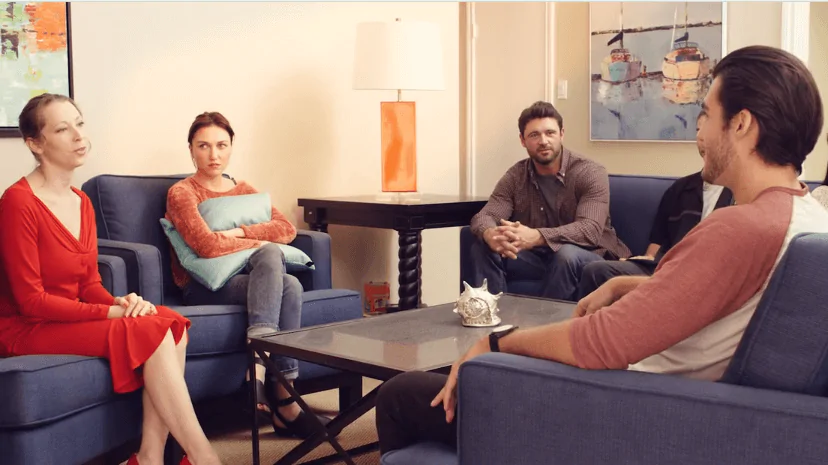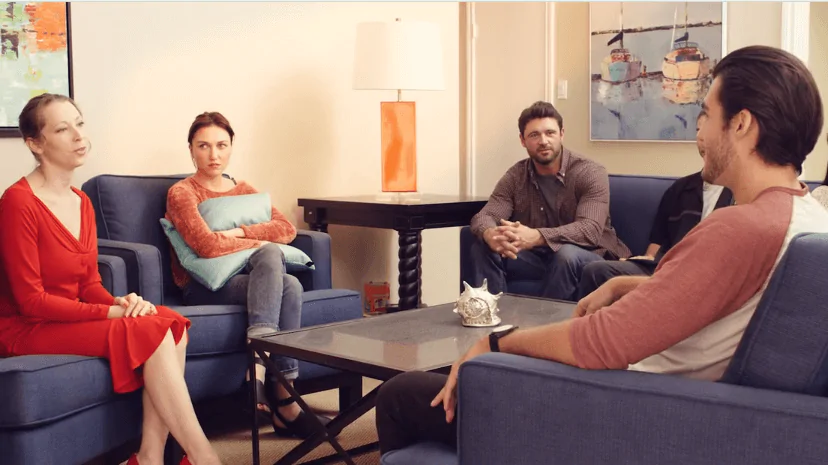24/7 Helpline:
(866) 899-221924/7 Helpline:
(866) 899-2219
Learn more about Opiate Detox centers in Union Church

Other Insurance Options

Coventry Health Care

WellPoint

Sutter

Choice Care Network

Highmark

ComPsych

Anthem

Magellan Health

United Health Care

Regence

WellCare Health Plans

AllWell

Molina Healthcare

Humana

Holman Group

American Behavioral

Medical Mutual of Ohio

Evernorth

MVP Healthcare

Lucent


















